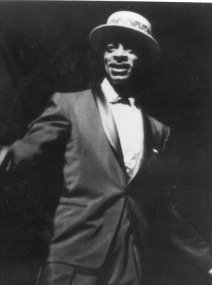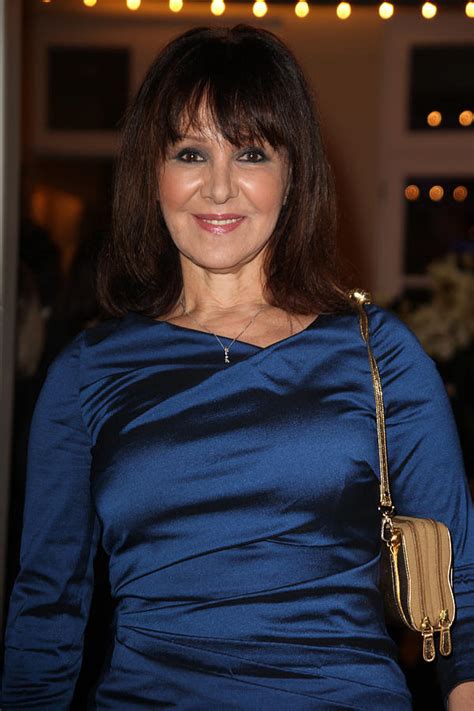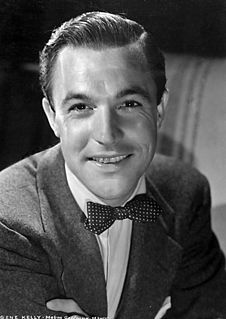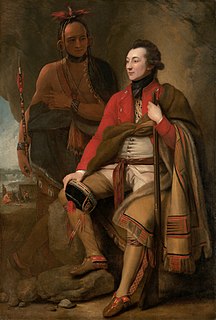A Quote by Cholly Atkins
In vocal choreography you had to give a lot of consideration to the fact that you were working with singers and not dancers. But you had to make singers look like they were dancers, and to make the movements as natural as possible, and there to be an association with the movement, uh, somewhat to what the lyric was saying.
Related Quotes
You had to give, uh, a lot of consideration to the fact that, uh, the artist had to come back into the mike area and start singing, especially the background singers, you know. And you had to make sure they had a couple of bars of music in order to catch their breath. And uh, in many cases a lot of choreographers didn't give that, uh, the proper thought.
I think we did our first session in 1958. There were no black background singers - there were only white singers. They weren't even called background singers; they were just called singers. I don't know who gave us the name 'background singers,' but I think that came about when The Blossoms started doing background.
There is a lot of propaganda about opera singers not being able to act. That's not necessarily true and hasn't been true for a very long time. And certainly there were those instances when singers were told they need to fit into a certain size dress. Of course, women. Men? They just make the costume bigger.































